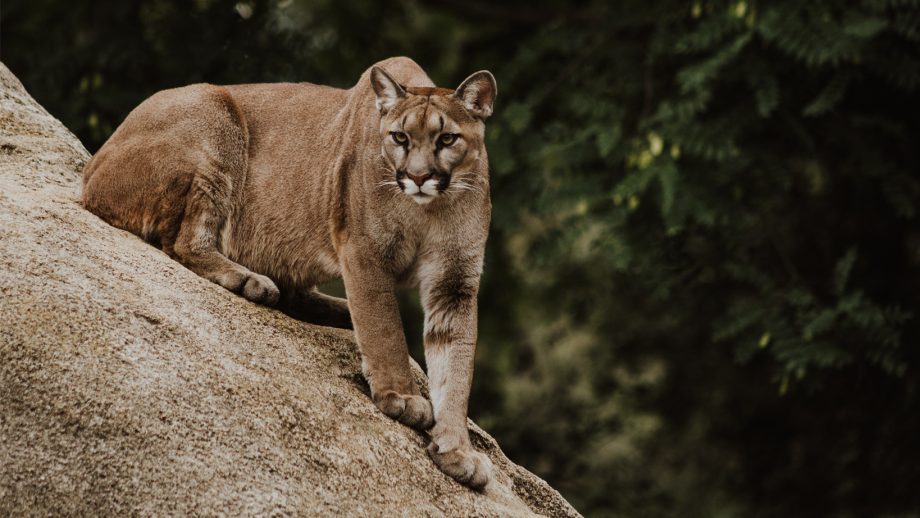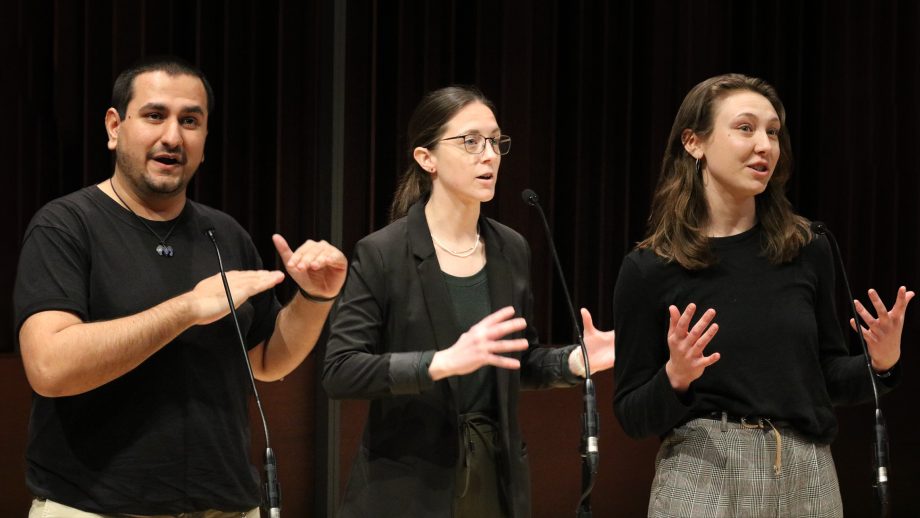WINNIPEG, MB – The cry of a newborn baby compels parents to tend to their infant’s needs. Newborns of other mammalian species cry and, like humans, their caregivers respond powerfully to these sounds. Humans often respond to cries of infants from different species. What about other animals? ‘Are the cries of different species similar enough for parents from one species to respond to the cries of another?’ These questions were asked by UWinnipeg biologist Dr. Susan Lingle in a study published in the American Naturalist.
Lingle and co-author Tobias Riede from Midwestern University, played infant cries of diverse species to mule deer and white-tailed deer mothers at the McIntyre Ranch, a large cattle ranch in southern Alberta. Deer mothers approached a speaker playing distress vocalizations of infant seals, domestic cats, marmots, bats, humans and other mammals. If the pitch of the cry is within the frequency range to which deer respond to young of their own species, deer mothers will respond. “Not only humans but even deer mothers are attracted to the cries of infants from other species”, said Lingle.
These findings suggest that non-human animals are sensitive to cues associated with infants even when those cues are present in different species. “As humans, we sometimes empathize with other species, especially the young, and we tend to credit superior human capabilities for this sentiment. Our results suggest that fundamental similarities in infant cries and parental responses to these cries may instead be shared widely across mammals.”
These results help explain the mechanisms contributing to the formation of relationships between species, including cases in which animals adopt or care for an infant from another species.




